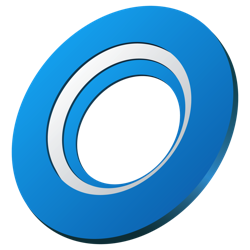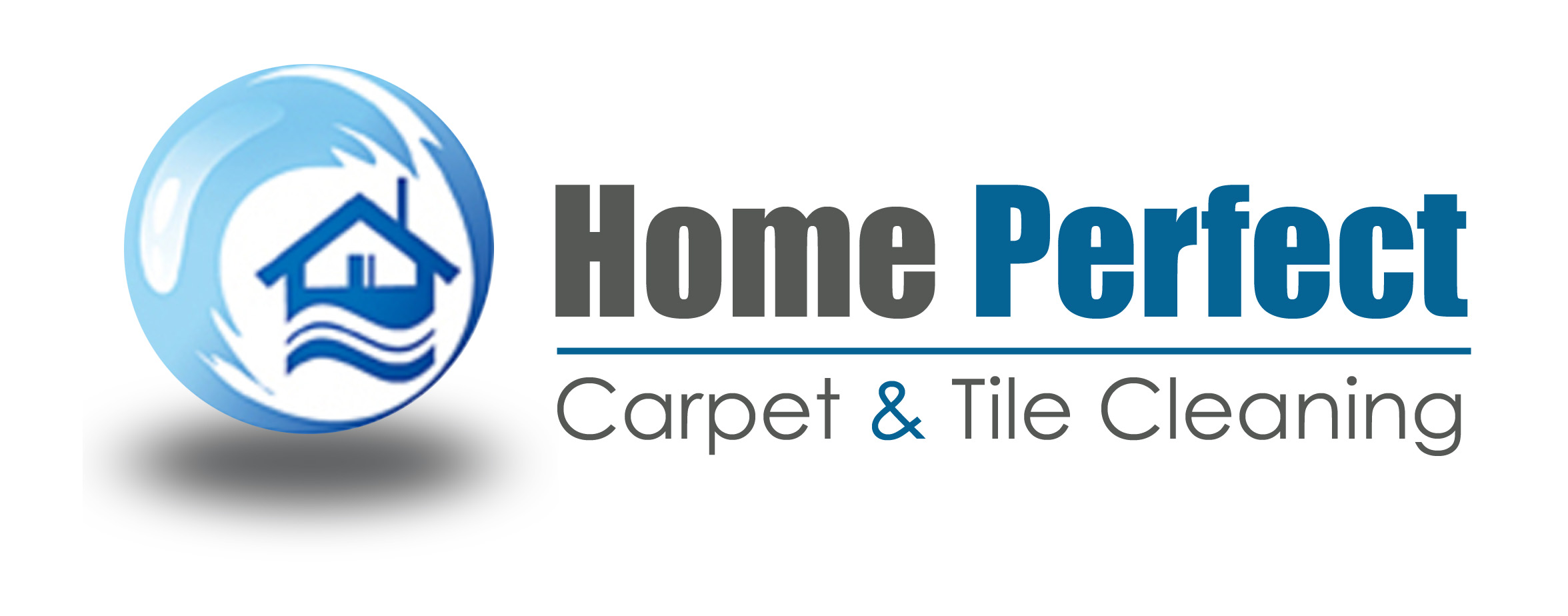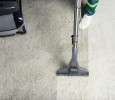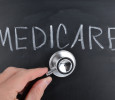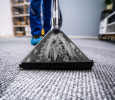Why People Should Buy Their Solar System Rather than Lease It
Filed under: Solar Installation
One of the most important decisions you will make when investing in a residential solar installation is how you will pay for the equipment. It is important to weigh your options before committing to having a solar system installed, which will maximize your investment by protecting your family’s finances.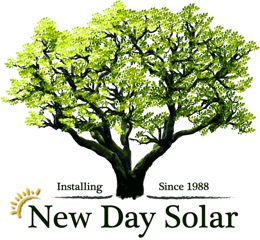
How to Pay for Solar Panels
Some of the most common ways to pay for a solar system are listed below:
- Cash: If you have the money available, then it might make sense to pay for the solar system outright. Even though this bill costs thousands of dollars, you will recover your investment over the years by knocking up to 100% of your electricity bill. As a general rule of thumb, most homeowners hit the break-even point within 5 to 7 years when paying with cash. If you pay cash for your solar system, you are also able to apply for the 26% Federal Tax Credit when you do your Federal Taxes for that year.
- Solar Loans: The most popular loan that we currently offer is a $0 down, 2.99%, 12-year loan, with no pre-payment penalty. Typically, the payments for this loan are either the same or less than what you are currently paying to your electric company. With this loan, you own your system, can still take advantage of the 26% Federal Tax Credit, and can pay the loan off early at any time, without being penalized with excess fees. There is no lien on the home, just a lien on the solar equipment through this credit union loan.
- Home Financing: When cash isn’t available, you might consider financing the purchase through a home equity line of credit. The lender uses your house as collateral for the loan and can give you a low-interest rate loan for home improvements. Since solar boosts the value of the property, this financing option can be a great solution if you have enough equity in your home and don’t have the money upfront.
- Leasing: Some solar installation companies offer leasing options, which means that you pay a monthly fee for the use of the equipment. Most leases offer 0 down and have a yearly escalator. When you lease a solar system, you will not be able to apply for the Federal Tax Credit. The leasing company will take the tax credit. Also, you may not be able to sell your house as easily with a leased solar system.
Buying vs. Leasing
With leasing, the upfront costs are low, they usually offer $0 down, like the solar loan. You make payments each month for the use of the equipment, but the ultimate problem is that you never reach a point where the payments stop. When financing a solar system, there comes a point when the equipment is paid in full – and you start enjoying the benefits of free energy since no monthly equipment payment is required. The solar panels come with a 25-year manufacturer warranty. Leasing payments usually end in 20 years, instead of 12, which means that you will over-pay for the equipment in the long run. Plus, you will not be able to take advantage of the 26% Federal Tax Credit.
If you don’t have thousands of dollars in the bank to buy solar panels, don’t assume that leasing is your only option. The truth is that there are many drawbacks to leasing, which is why we always encourage customers to explore other financing options instead. The $0 down, 12-year loan is the best loan that we have found for our solar customers.
Our team at New Day Solar is here to help you find the most affordable, effective ways to enjoy solar power in your home. Call us for a free no-obligation consultation to learn about your options: (855) 444-6329 or visit our website at: www.newdaysolar.com We have been installing solar electric systems for 32 years and will always give you honest answers to your solar questions.


